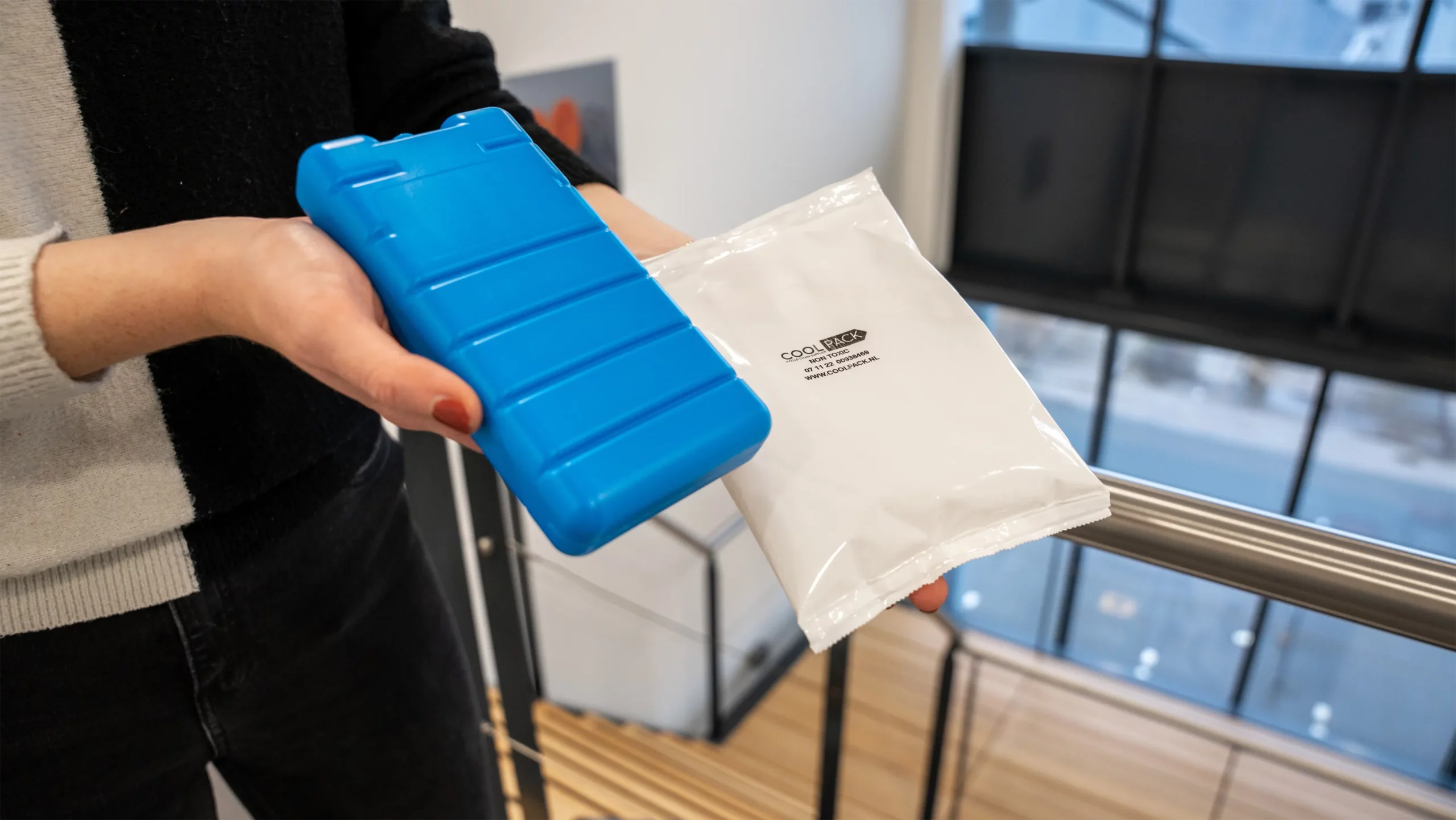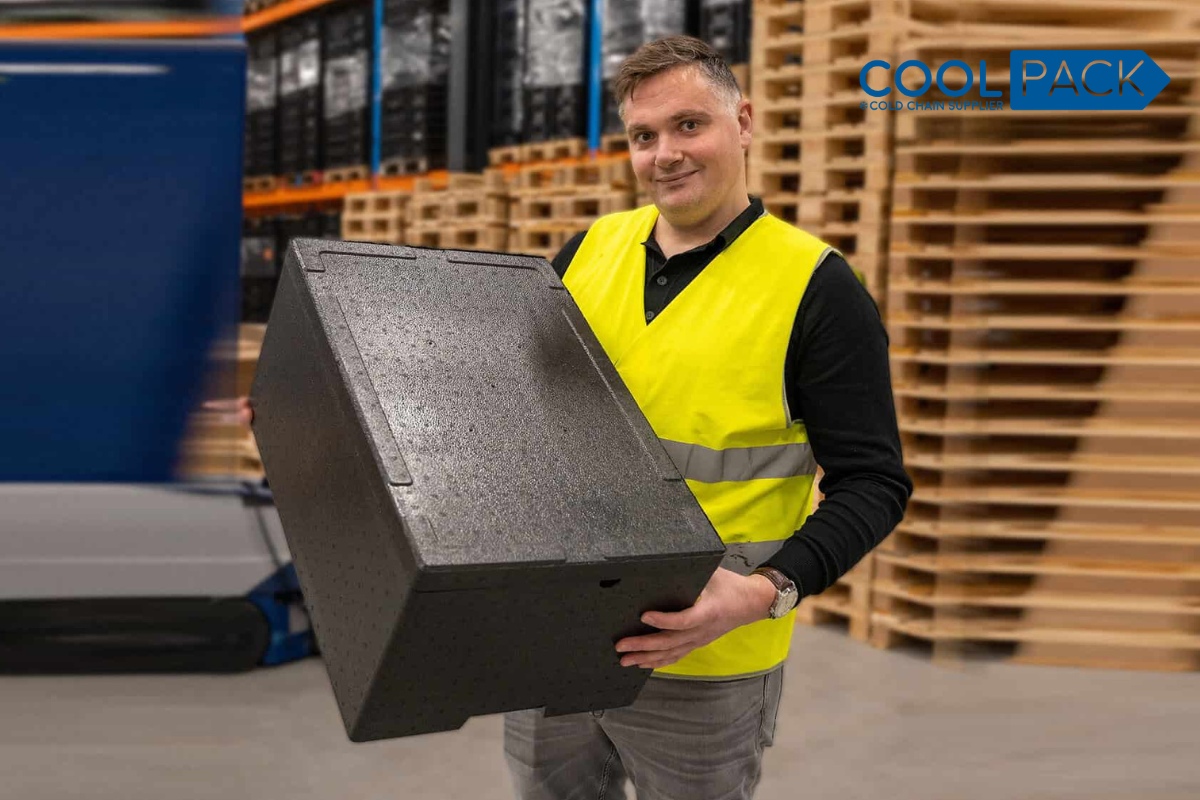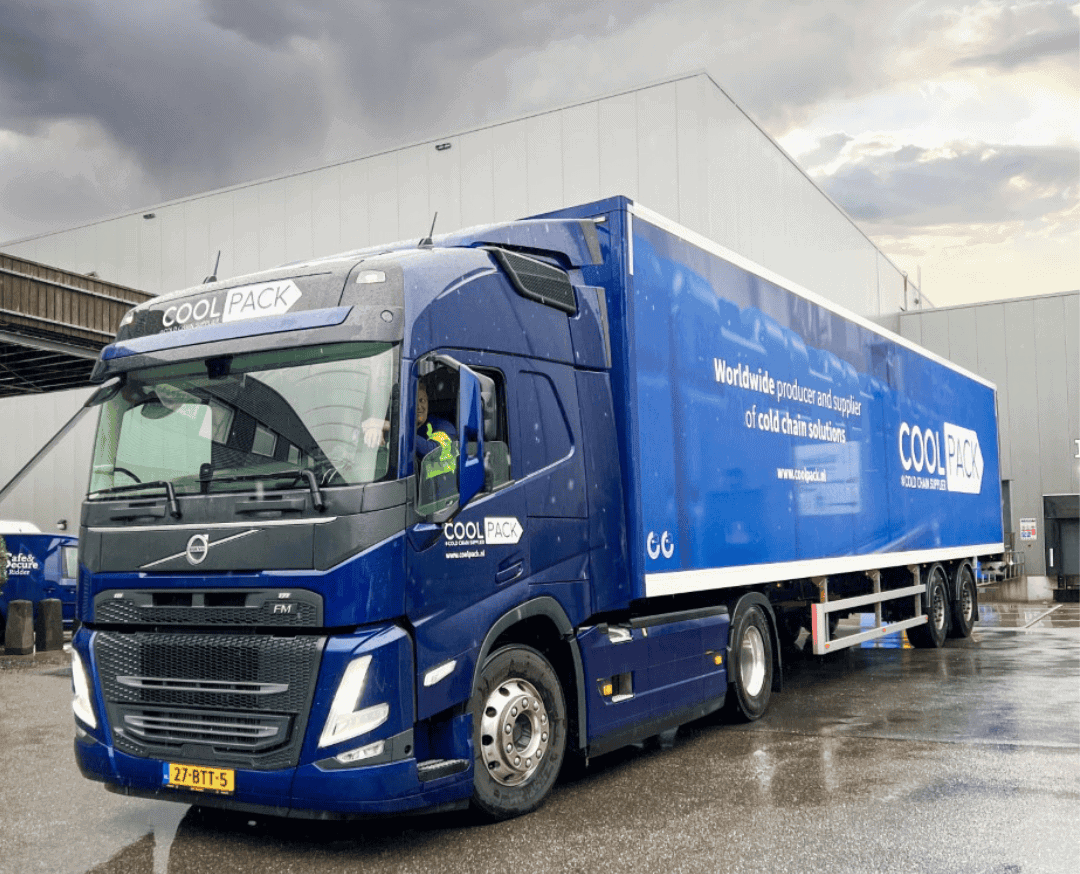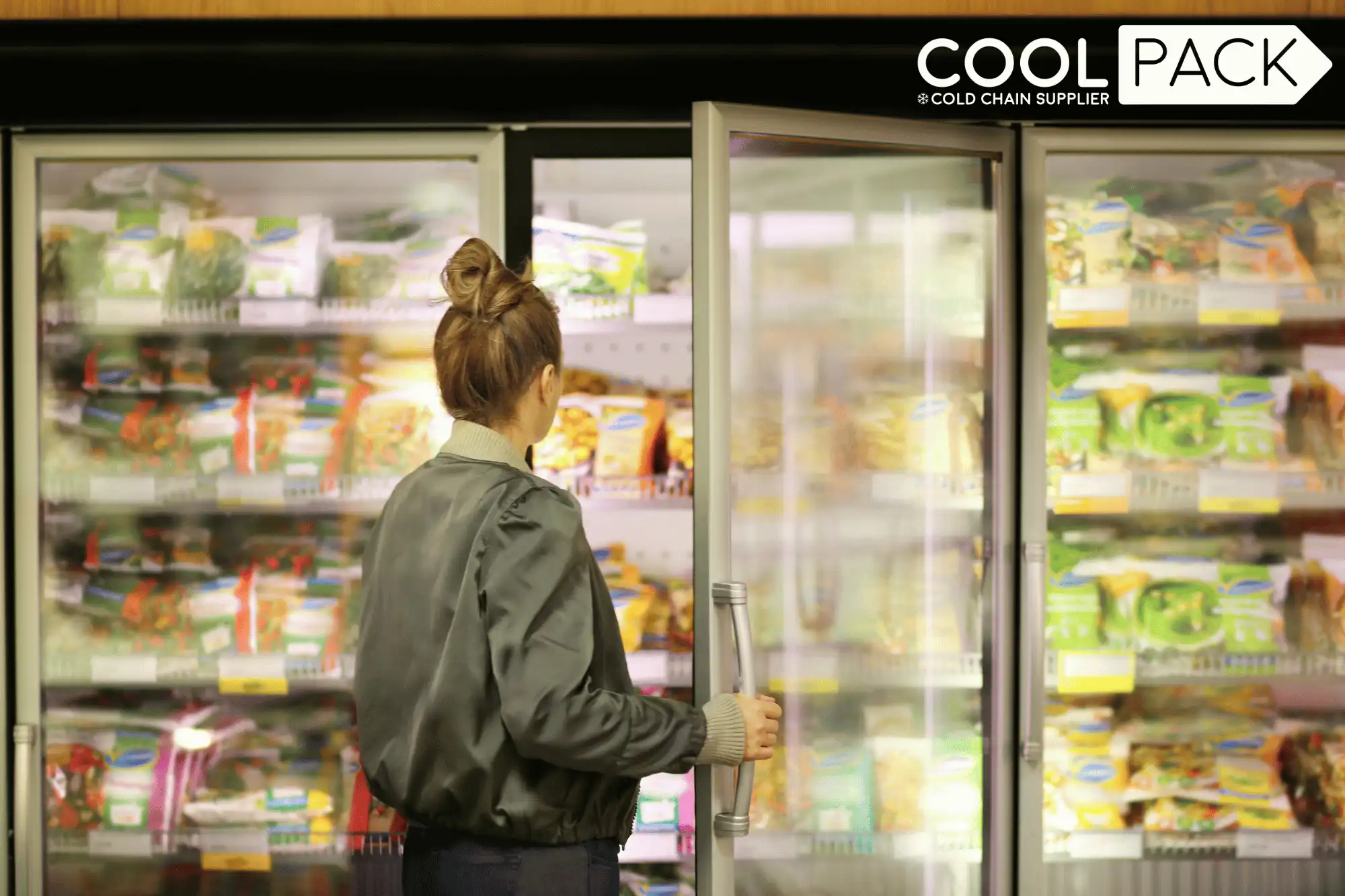The logistics and transportation industry is constantly evolving, and recent changes in border controls, especially at the German border, have had a significant impact on temperature stable transport operations. It is crucial for carriers to understand how these controls affect their operations and what steps they can take to adapt their refrigerated capacity to the new reality.
Increased waiting times at the border
With the introduction of stricter border controls, long waiting times at the German-Dutch border have become a reality. Transporters must now reckon with delays that could jeopardize their delivery schedules. These delays can range from a few minutes to several hours, depending on the time of day and how busy the border is. For shipments of refrigerated products where the temperature of the cargo is critical, this can lead to serious problems.
Impact on cooling capacity
One of the biggest challenges for transporters is ensuring refrigeration capacity during these delays. Refrigerated conveyors are designed to keep products at a constant temperature, but longer waiting times can strain the efficiency of these systems. For carriers, there are two essential questions:
- Is the current cooling capacity sufficient to compensate for longer wait times?
- Are additional measures needed to ensure cargo quality?
It is essential to monitor the refrigeration solution and, if necessary, make adjustments. While some carriers choose to deploy additional refrigerants to maintain temperature during unforeseen delays, others opt for an alternative solution. These include PCM solutions that keep products stable at an even lower temperature or applications of insulation boxes. Bart Kroes, Coolpack’s Sales team manager, says the first customers have already signed up. “The introduction of border controls at the German border, however understandable, certainly keeps our customers busy. The announcement came shortly before the introduction and many of our customers have been surprised by it. We now see many customers asking for advice on short- and long-term solutions to keep their fragile products properly refrigerated. Quality of goods is also paramount in case of delays. ” At Coolpack, we understand the challenges carriers face in this changing environment. Our product experts are ready to help you optimize your refrigeration capacity and adapt to the new reality of border controls. Whether you have questions about the right elements or need advice on what refrigeration methods and temperatures can get you through this slowdown, we are here to support you. Contact us to find out how we can help you ensure an efficient and reliable cooling solution, even in times of delay.






